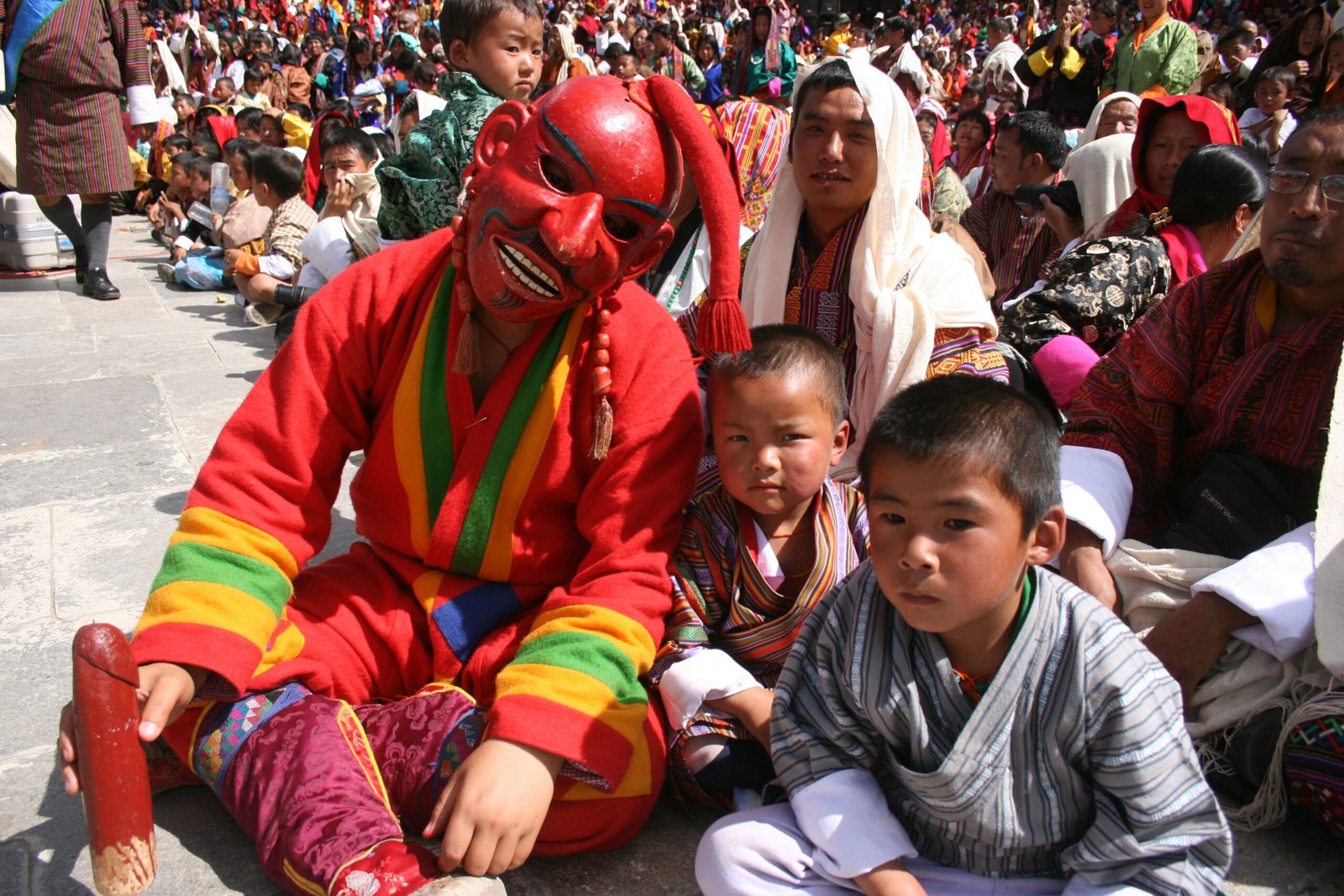
Buddhist Festival
-
-

-
-
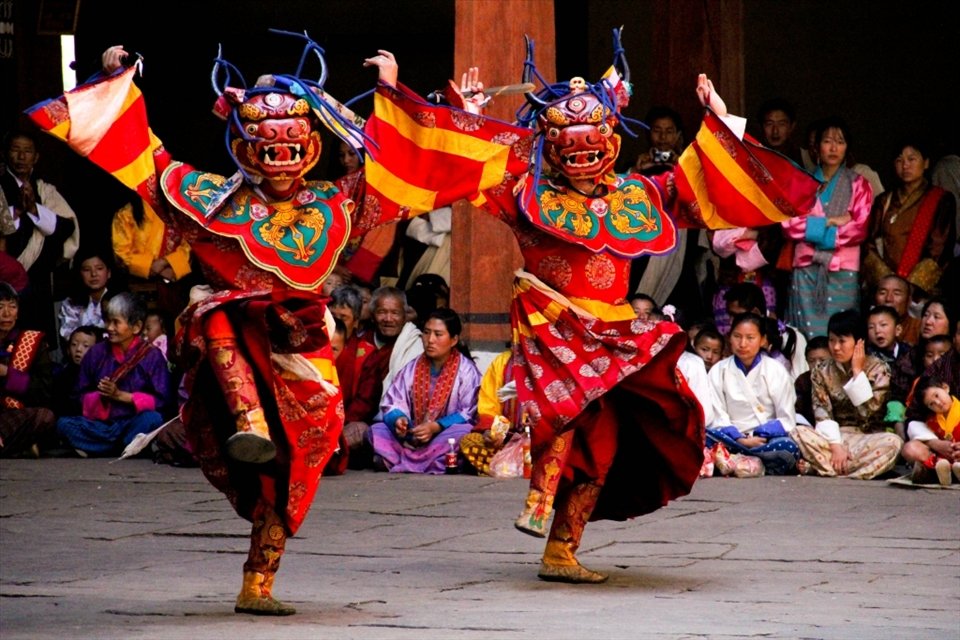
Yonphula Tshechu
Ugyen Dongag Chokhorling Lhakhang, Ypnphula Trashigang, Bhutan -
-
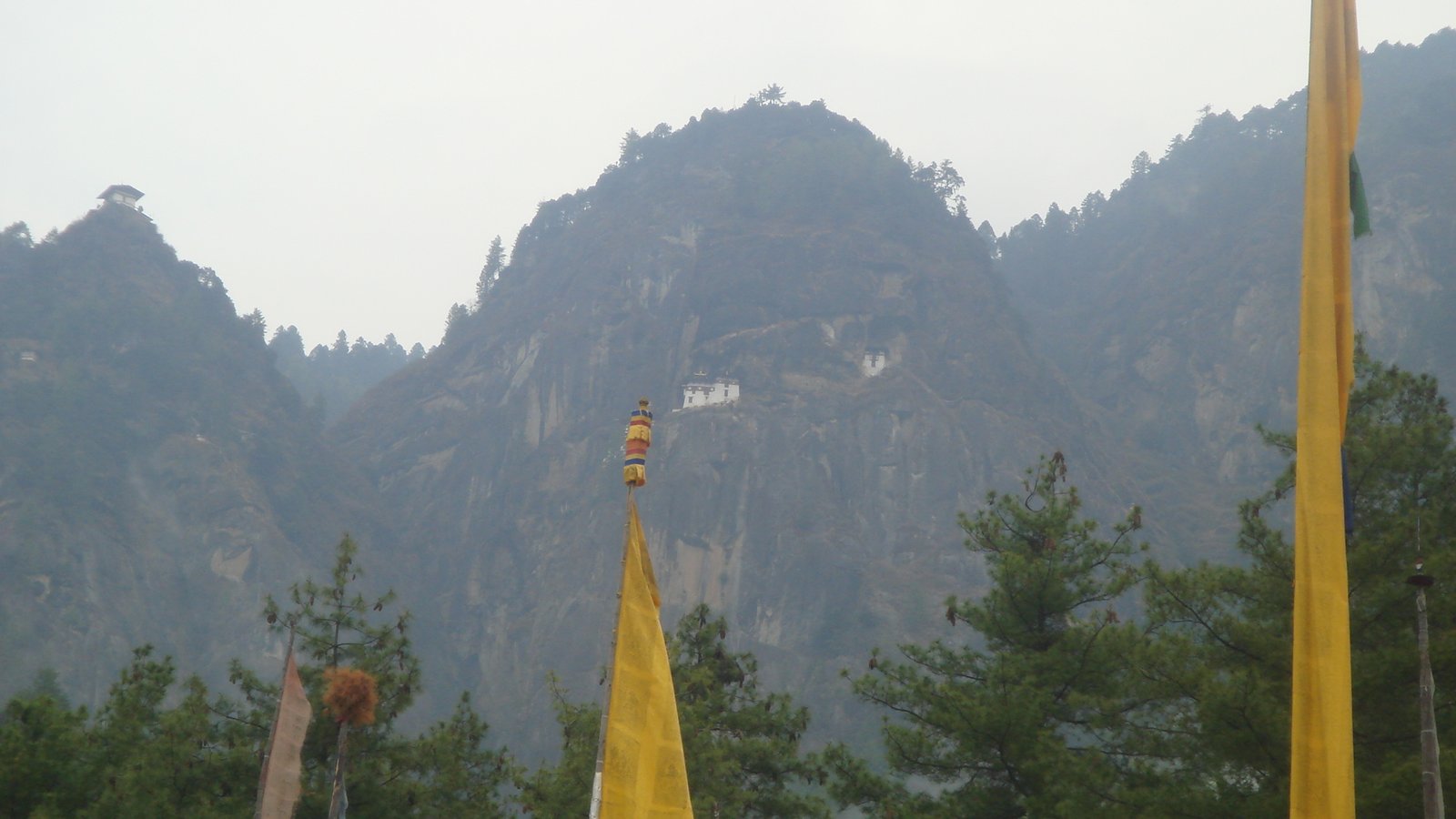
Dolay Drupchen
Taktshang Pelphu Paro, Bhutan -
-

Bartsham TreldaTshechu
Chador Lhakhang, Bartsham Trashigang, Bhutan -
-

Dorlung Mani Tshechu
Dorlung Goenpa Wangduephodrang, Bhutan -
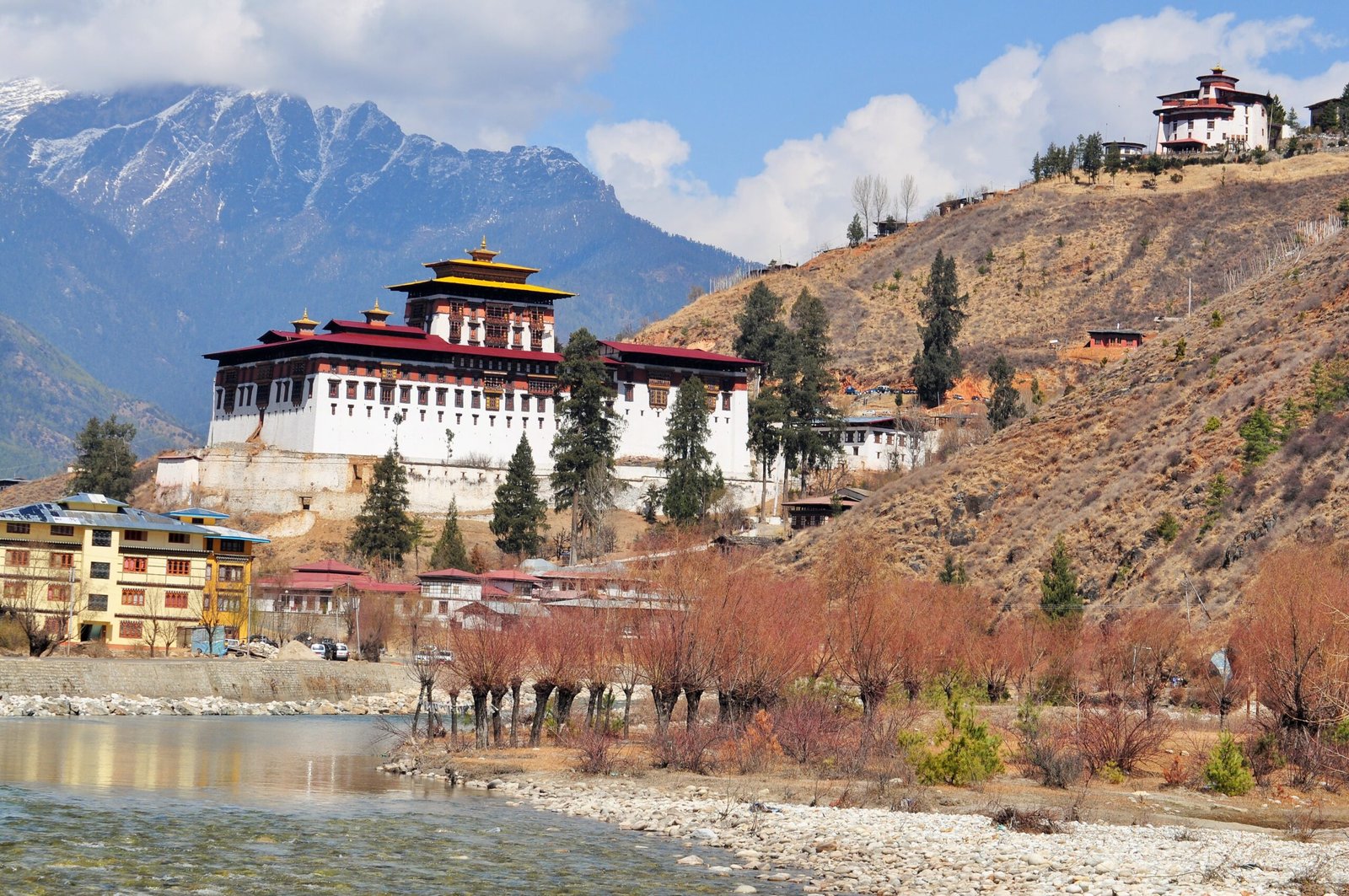
Lhamoi Doey Phang
Rinpung Dzong Paro, Bhutan -

Azhey Lhamo
Ura / Shingkhar Bumthang, BhutanIn the heart of Bhutan's Bumthang District, a remarkable tradition unfolds exclusively among the women of Ura village. Embarking on a three-day spiritual journey, these women ascend the mountain overlooking Ura, their dance steps echoing through the dawn. Their purpose: to invite the local deities to a grand celebration, seeking blessings for bountiful harvests and favorable weather. This unique ritual, deeply rooted in Ura's cultural tapestry, stands as a testament to the enduring power of female empowerment and spiritual devotion.
-
-

Dromche
Rinpung Dzong Paro, Bhutan -
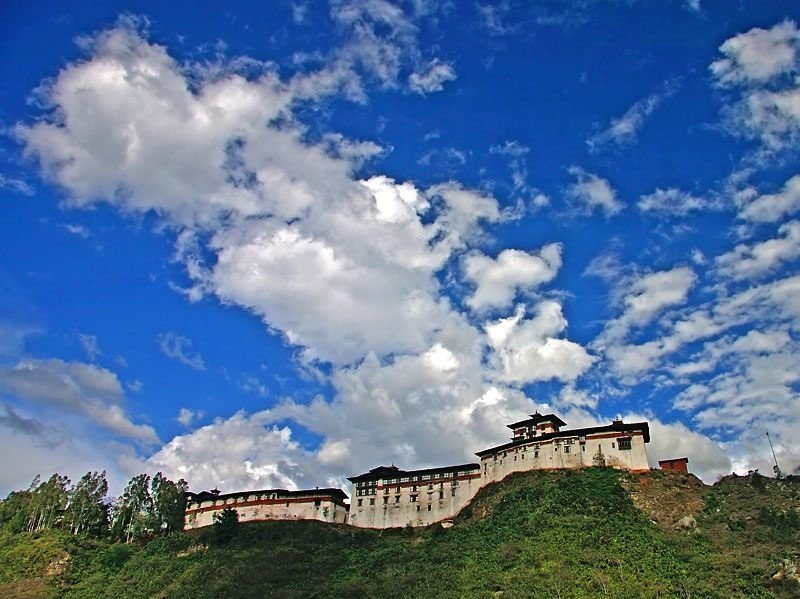
Wangdue Tshechu
WangduePhodrang Dzong Wangduephodrang, BhutanNestled amidst the majestic peaks of Bhutan's central region lies the picturesque district of Wangdue Phodrang. Every year, this tranquil haven comes alive with the vibrant hues and soulful melodies of the Wangdue Phodrang Tsechu, an annual religious and cultural festival that holds deep significance for the local community and visitors alike. The tshechu is performed at the dzong which has been rebuilt following a devastating fire over ten years ago. At the heart of the Wangdue Phodrang Tsechu lies a deep reverence for Bhutan's rich spiritual heritage. This three-day spectacle, held on the 10th day of the lunar month, is dedicated to celebrating the life of Guru Padmasambhava, a revered Buddhist teacher who played a pivotal role in introducing Buddhism to Bhutan. The festival's courtyard transforms into a mesmerizing stage for a series of captivating mask dances, each carrying symbolic meaning and embodying the teachings of Buddhism. The Shazam…
-

Pemagatshel Nangkor Tshechu
Nangkhor Lhakhag PemaGatshel, Bhutan -
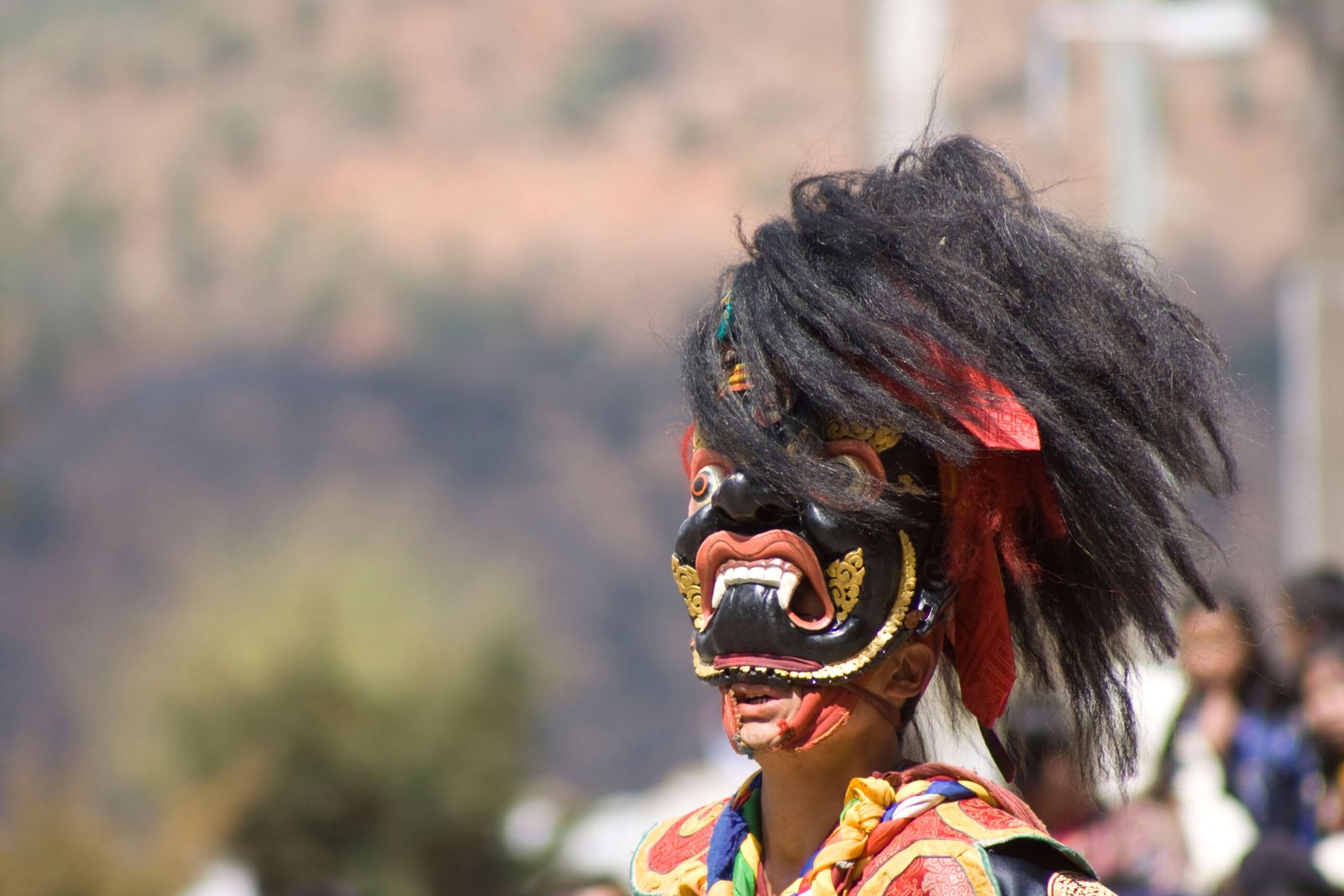
Dungsingma Tshechu
Dugsingma Lhakhang PemaGatshel, Bhutan -

Phongmey Tshechu
Wogmin Ugyen Choling Lhakhang Trashigang, Bhutan
